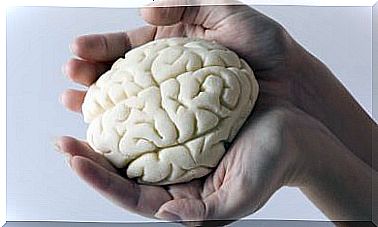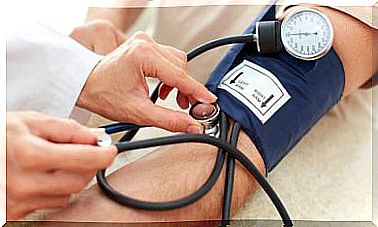Reasons For Being Tired All The Time
In most cases, chronic fatigue turns out to be a consequence of the daily habits that we are used to today. Feeling lack of energy can be summed up in frustration and loss of health. Added to this are multiple reasons for being tired all the time.
As a general rule, general wasting is caused by problems sleeping, excessive stress, etc. Next you will know what are the causes and symptoms of chronic fatigue.
What are the symptoms of chronic fatigue?
Chronic fatigue syndrome is a long-lasting disease, with a myriad of causes and consequences. It is not difficult to notice the lack of energy, both mental and physical.
Mainly, the symptoms of fatigue are varied and go unnoticed, but the consequences are obvious. We can highlight some symptoms such as the following:
- Sleep disturbances
- Headache or muscle pain.
- Dizziness
- Concentration problems.
- Fatigue.
- Discomfort at the start and achievement of tasks. This symptom worsens with increased physical activity.
- Irritability.
- Muscle contractures.
- Lack of appetite.

Who suffers the most from fatigue all the time?
As risk factors, there are characteristics that condition the increase in suffering from chronic fatigue. Examples of these determinants are some such as the following:
- Ages between 40-60 years.
- Stressful jobs or jobs that involve leadership, such as jobs that involve high responsibility.
- Night shift workers.
- White race.
- Women.
- Social or economic problems.
- Family responsibilities, above all, being the caregiver of an elderly relative.
What are the reasons for being tired all the time?
Unfortunately, there is no single cause for identifying chronic tiredness. This makes the diagnosis and, above all, the solution complicated. The reasons given to a greater extent are the following:
Insomnia
In this sense, not allowing the body to rest causes a neuronal and hormonal alteration. The natural sleep cycle is disturbed. The longer you are awake, the more workload your body’s tired cells and hormones will have. It all comes down to an endless cycle that increases the symptoms and consequences of fatigue.
Sleep schedule changes
Carrying alternate or unscheduled sleep cycles makes the body feel tired. In addition, hormones and substances that help rest are secreted at night. This makes, for example, night workers more affected by this condition.
Stress / anxiety
On many occasions, stress is related as the main cause of insomnia and muscle problems. While it does not have to cause sleep deprivation, it can cause symptoms of tiredness on its own.

Unhealthy diets
Examples of this may be overeating, eating very fatty meals, or fasting for long periods. This does not allow good nutrition and will increase our fatigue.
Other reasons for being tired
There are other causes that occur to a lesser extent, but which are still an influential factor. When several elements are added they can cause serious health problems. Some of these reasons are as follows:
- Lack of physical exercise.
- Dehydration or low water intake.
- Anemia : a diet-related disorder.
- Thyroid diseases: the thyroid is responsible for secreting hormones that regulate metabolism. If there is an alteration in their production, fatigue is evident. Hyperthyroidism causes overproduction of hormones that quickly burn all calories.
- Diabetes : the bad use of glucose makes us feel tired, since it is the substance that gives energy to the cells.
- Depression : it would cause lack of sleep and appetite that are also summarized in general tiredness.
- Lack of vitamins : the lack of B12, which is an animal protein, and vitamin D, which is acquired thanks to sunlight, can cause tiredness and discomfort.
- Labor – Excessive workload, high responsibility, or night shift jobs make the situation worse.
Facing the reasons for being tired, watch your habits
Symptoms of tiredness should not be synonymous with alarm. However, it is convenient to monitor daily habits and look for causes or conditioning factors. If this is not the case, it would be necessary to contact a healthcare professional to establish the cause of this condition.
It is often a consequence of the hectic pace of life we lead. If this begins to seriously affect your health, stop and take a breath; maybe it’s time to change some of your habits.









